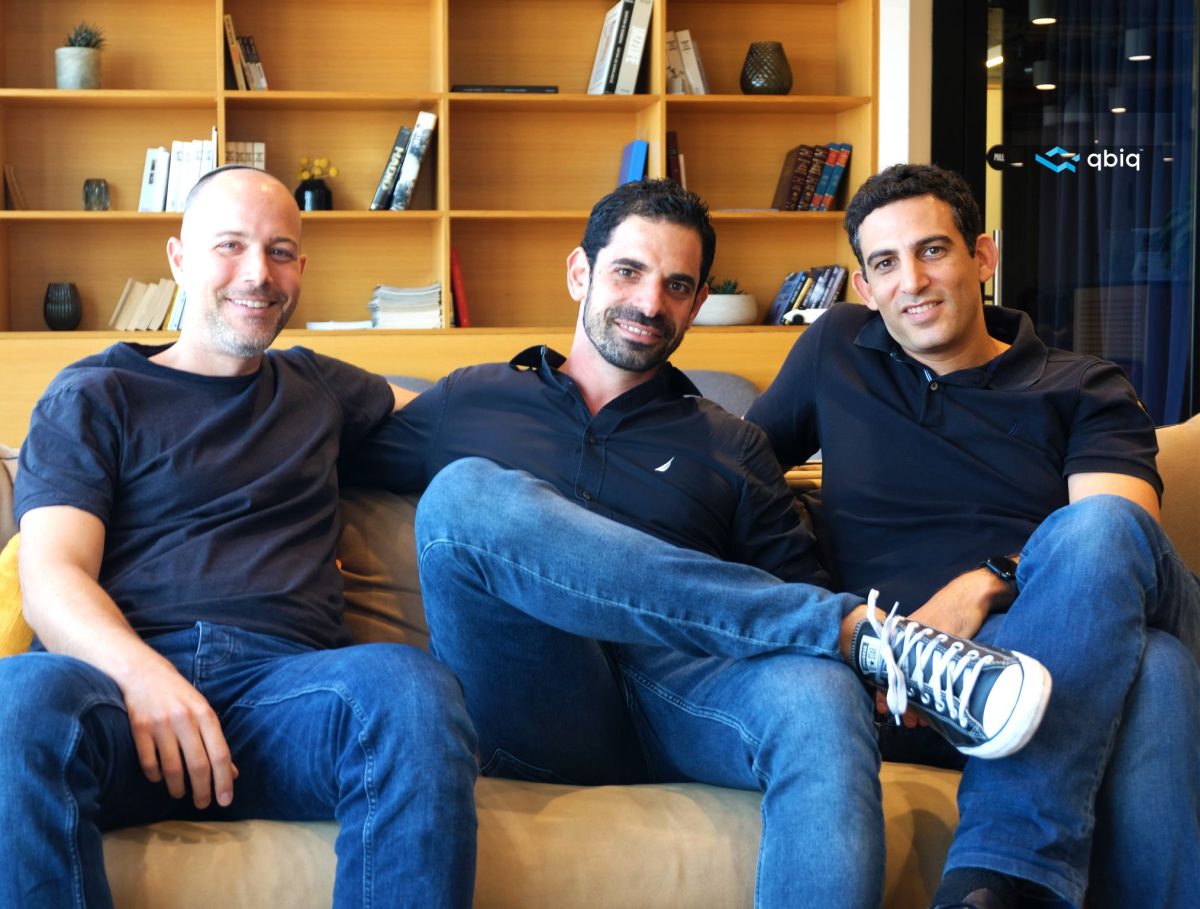🌍 Israeli DefenseTech Innovation Day: Harnessing Innovation for the Future 🛡️

We were thrilled to host Israeli DefenseTech Innovation Day, where over 275 founders, investors, and industry leaders gathered to explore the immense opportunities and challenges in the defense tech space. The event brought together some of the brightest minds to discuss why Israel is uniquely positioned to lead this global revolution. With a rich history of innovation, a proven track record in defense exports, and a rapidly growing ecosystem, the conversations throughout the day highlighted the incredible potential of this sector.
Key themes emerged throughout the day:
- Opportunities in Defense Tech: With growing global demand, increasing defense budgets, and new funding initiatives like NATO’s $1B Innovation Fund, the defense tech ecosystem is ripe for innovation. Key opportunities lie in areas like AI-driven autonomy, counter-drone systems, cybersecurity for critical infrastructure, and dual-use technologies with both commercial and defense applications. Dr. Eyal Hulata, Israel’s former National Security Advisor and Head of the National Security Council, also highlighted the fact that startups have a unique opportunity to influence and reshape overall guidelines and policies, by demonstrating new groundbreaking capabilities.
- Collaborating with Primes (defense contractors): A highlight of the day was a panel moderated by David Chinn, McKinsey Israel’s Managing Partner, featuring leaders from industry giants such as Eli Friedman (Elbit Systems), Yaniv Schnieder (Rafael), and Inbal Kreiss (IAI). The panelists emphasized the importance of persistence and patience in building relationships with defense contractors, especially given the inherent bureaucracy and long sales cycles. Startups that plan for compliance and export strategies early, align their solutions with the strategic goals of primes, and demonstrate rapid ROI were highlighted as those best positioned to succeed. As one panelist noted, “Success requires not just innovation but also the ability to navigate the complexity of defense contracting.”
- Innovating in Defense Startups: Startups face unique challenges in navigating long sales cycles, complex customer requirements (that often require customization), and capital-intensive development. However, Aviv Shapira (Xtend) and Niv Davidai (SightX) emphasized the importance of a product-first approach, focusing on solving immediate, real-world problems for defense customers. Aviv specifically talked about the “spiral of death” whereby defense startups act almost as a service provider to their customer, given endless specs and product requirements, leading to long product development cycles. In his keynote, Dr. Daniel Gold, Head of DDR&D, reinforced this idea, stating, “Scalable, impactful innovation starts with a deep understanding of operational realities.” Israeli startups, with their roots in addressing practical military needs, are uniquely equipped to deliver such solutions.
- The Global Opportunity: While Israel is a leader in defense innovation, and can serve as a good “first use case”, founders should also think globally. Defense startups must consider where to register their company, how to navigate export regulations like ITAR, and how to position themselves for success in international markets. As Yair Geva (Herzog) emphasized, “Understanding local market dynamics is as critical as the technology itself.” Building partnerships with international entities and a strong awareness of geopolitical and regulatory landscapes are essential for internationalization.
- Understanding Defense Customers: **During this panel, we discussed the topic of “not invented here” and how to overcome the tendency of large defense organizations to rely on internal development. Haggai Itkin (LIBERTAD) and Peleg (MAFAT) both contributed valuable insights on this issue. The key takeaway was that the focus should be on working with the end user within the organization—the operational user who will actually use the product—rather than with the technological bodies developing the tools.
- Lessons for Founders: Founders entering defense tech must balance ambition with realism. Long sales cycles, complex customer needs, and high capital intensity are part of the journey, but the rewards are immense. Alon Kantor (10D) shared that “success in defense tech is about persistence, foresight, and unwavering focus on mission-critical problems.” Building strong networks, solving genuine pain points, and designing scalable solutions from day one are crucial elements for startups in this space.
This event reinforced that Israel is at the forefront of global defense innovation, driven by a unique combination of world-class technology, military expertise driven by real-world evolving needs and visionary investors supporting this new wave of companies. As defense tech continues to evolve, Israel has the opportunity to lead in creating transformative solutions for global challenges.
A huge thank you to our inspiring speakers, engaged participants, and dedicated team for making this event so impactful. Together, we are building the next generation of defense tech innovation.


